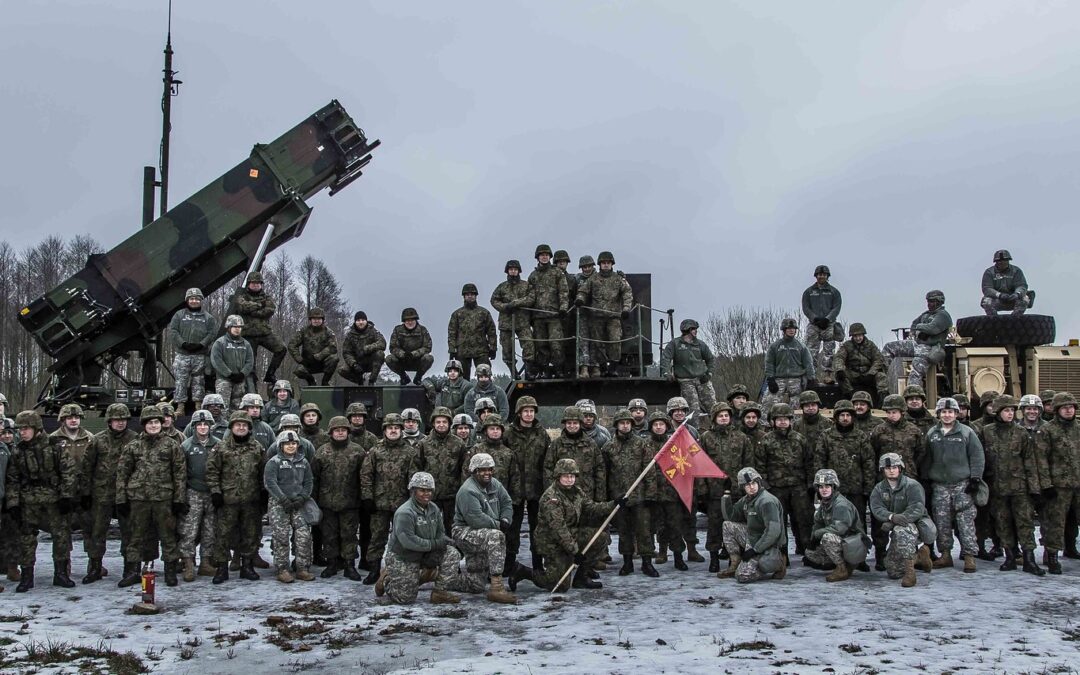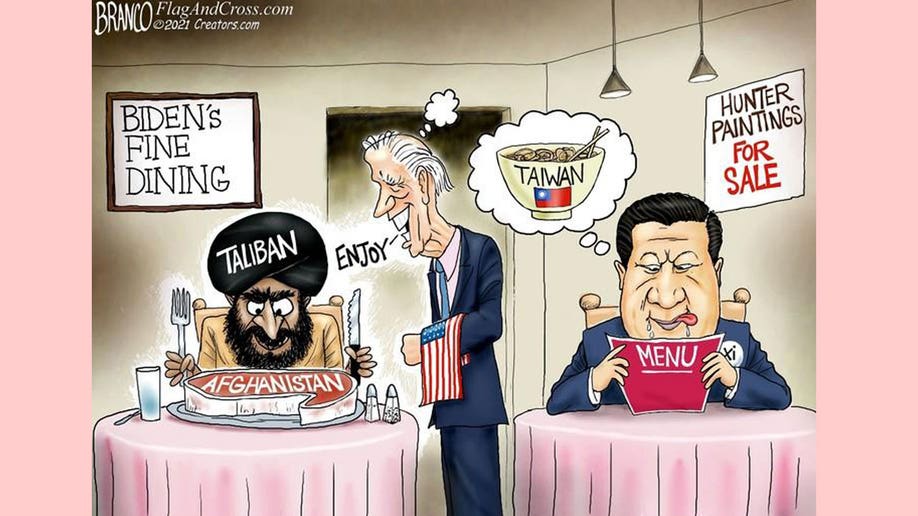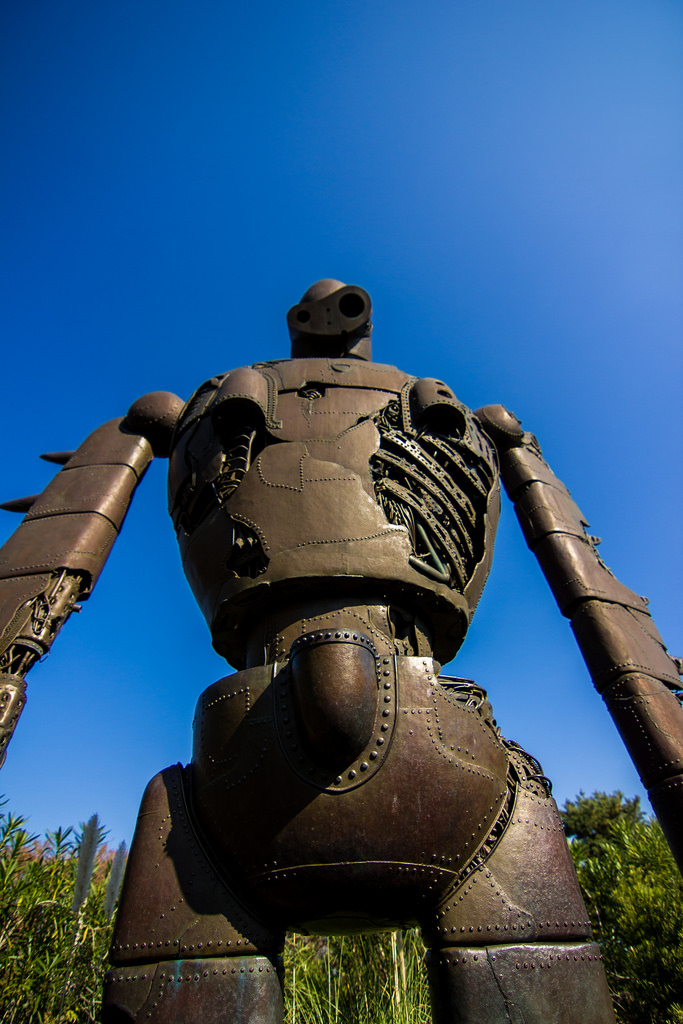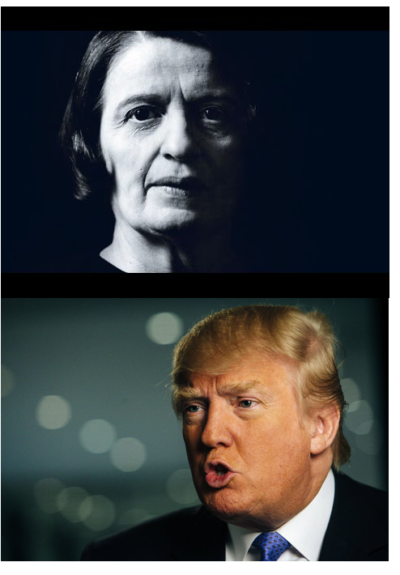The government of a country makes explicit or implicit threats to another: "if you cross this line, we will inflict harm upon you." The threat fails; the government crosses the designated line. Has deterrence failed? Well, yes. Of course. By definition. It is, for...






